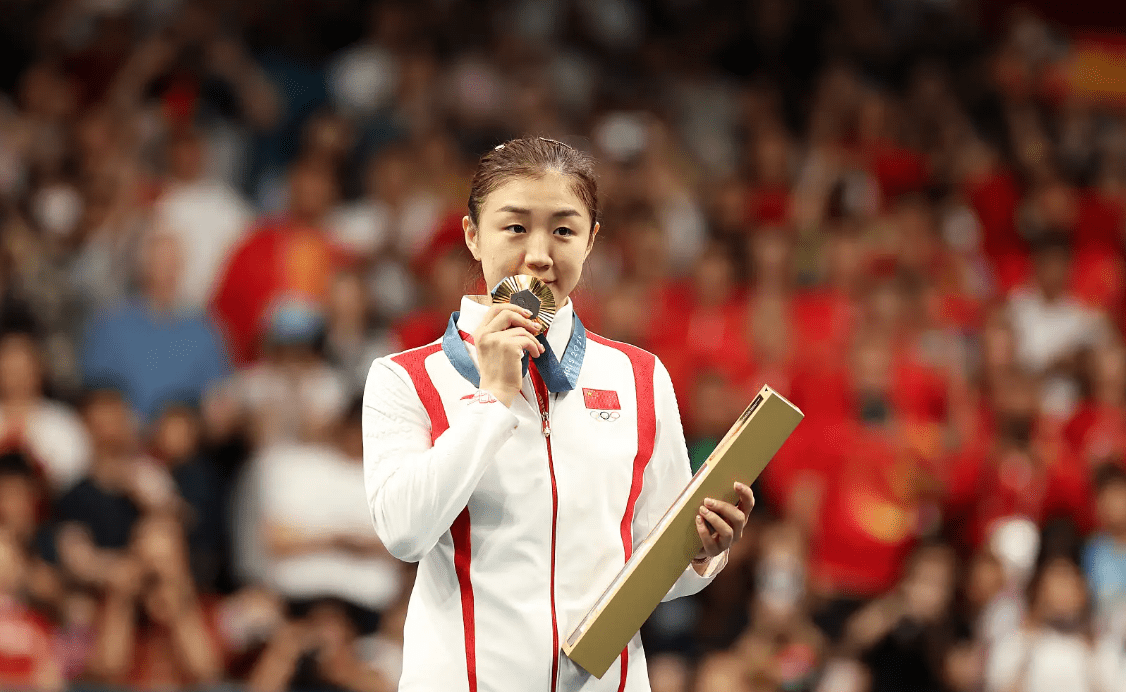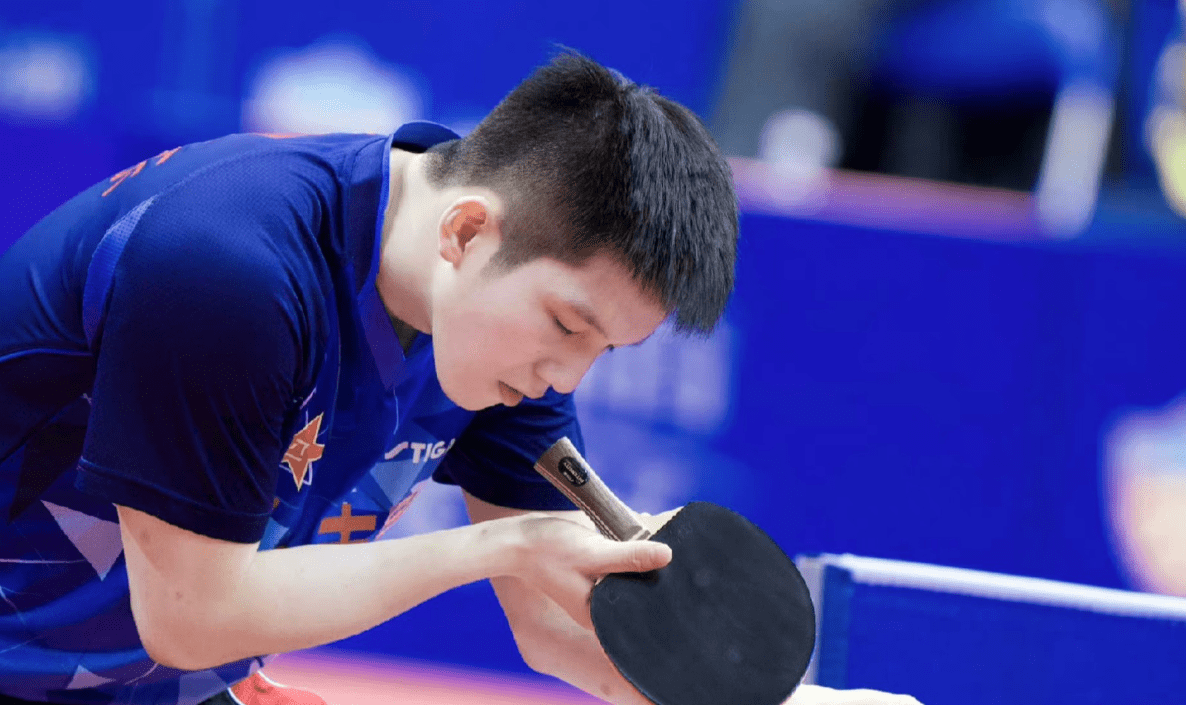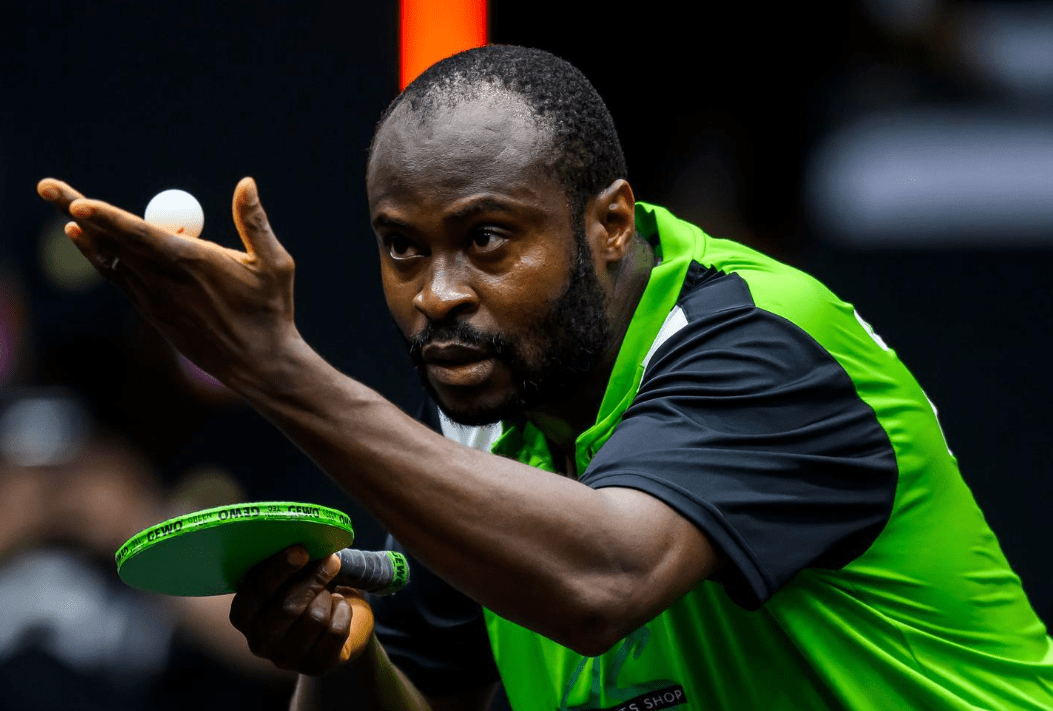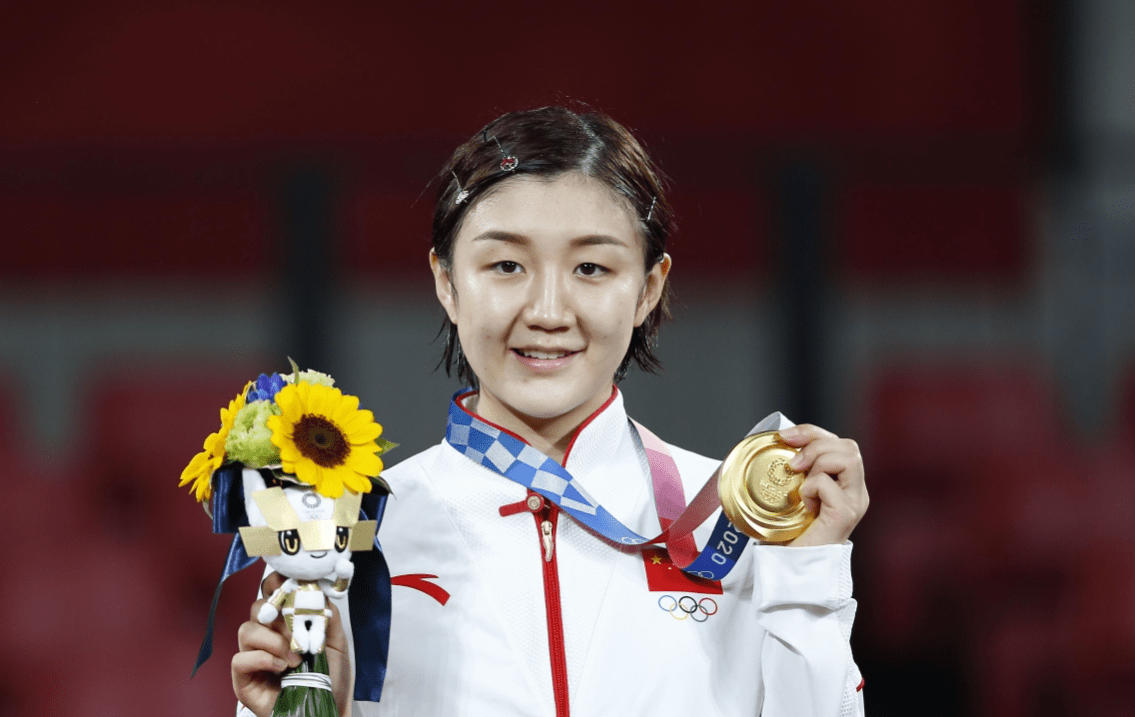Situation Escalates! Fan Zhendong Appears on CCTV13, Supported by CCTV Journalists, Liu Guoliang Makes First Public Appearance After Controversy

"Non-participation means fines," does that sound familiar? On the surface, it seems like a tactic used by some companies to force employees to work overtime, but you might not have expected that behind this is a group of top table tennis players experiencing "the 996 version of the sports field." The protagonist of this "big show" in 2023 is Fan Zhendong, the "big brother" of the national table tennis team.

Recently, Fan Zhendong chose to "stand firm" due to his dissatisfaction with the WTT (World Table Tennis Professional League) mandatory participation penalty regulations and announced his withdrawal from the world rankings. This was followed by another legendary player and Olympic champion Chen Meng's support for the team, directly abandoning the "golden signboard" of the "ranking." The table tennis circle exploded! Such a "double bomb" not only sparked discussions in the sports world but also made many fans start to think: Behind professionalization, is it for the good of the athletes, or is it a shackle that harms their interests?

Table tennis players who do not participate in competitions will be fined? This is straightforward and is one of the current rules of WTT. This rule requires top players to participate in competitions; otherwise, they face not only high fines but also the possibility of losing their world ranking. It sounds like encouraging more competitions and enhancing the heat of the arena, but upon careful consideration, the problems behind this are not simple.

For athletes, the world ranking is a symbol of fame and clout, but it also means heavy competition tasks and great physical wear and tear. Why did Fan Zhendong choose to smash his "rice bowl"? The reason is obvious.

On the one hand, frequent participation in competitions places a huge burden on the athletes' bodies. Ordinary people may think that "a few games a year is no big deal," but you haven't seen how many injuries they have behind them and how many days and nights of recovery training they undergo; on the other hand, the rules blatantly emphasize "fines" while remaining silent on the protection of athletes' rights and the flexibility of events, which makes it hard not to feel a bit like "the big shop bullying customers."

Internationally, foreign players like Nigeria's Aruna have long questioned the rules of WTT. Due to health reasons, he missed the competition but was still fined by WTT, and reasonable improvements have been slow to materialize.

There is also the issue of participation bonuses. For example, the ticket revenue for the WTT China Grand Slam event exceeded 60 million yuan, but the champion's bonus was only 100,000 US dollars—compared to the millions of dollars in bonuses for tennis grand slams, this amount of money is just a drop in the bucket for athletes. Therefore, such rules, which claim to be "considered for professionalization," seem more like making athletes follow the nose of commercial interests.

Fan Zhendong chose to stand up, not only because he was "unable to bear it anymore," but also because this young player has the confidence. You should know that his career was built step by step. At the age of 17, Fan Zhendong won his first championship at the ITTF World Tour, becoming a "dark horse" for the national table tennis team. Subsequently, he proved his strength with one victory after another, winning multiple championship titles at the World Cup and World Table Tennis Championships. It can be said that Fan Zhendong represents the future of table tennis and is a symbol of the dominance of the national table tennis team.

But this time, he chose to "take a temporary leave," and behind this decision lies more than just dissatisfaction with the rules. This is clearly a protest: Since the rules are not humanized, I would rather "give up the halo" to defend my rights. What is even more surprising is Chen Meng—this female singles "legendary player" who just won the Paris Olympics championship also resolutely followed Fan Zhendong's steps to announce her withdrawal from the rankings.
Chen Meng's withdrawal added a different significance to this wave of counterattacks. Her career has always been a legend for female players: breaking through limitations again and again after experiencing a low point and finally reaching the pinnacle. And this "shoulder-to-shoulder battle" with Fan Zhendong is not only an assertion of her career planning but also seems to be a voice for the rights of female athletes. In the male-dominated competitive sports, top players like Chen Meng choosing to lead the opposition against unfair rules, lightly speaking, is professional self-esteem; heavily speaking, it is the beginning of professional change.
Now that things have escalated to this point, another person who has been "highlighted" is naturally Liu Guoliang, the current chairman of the WTT board of directors. This once-acclaimed national table tennis coach, who was appointed as the WTT chairman in 2018, had confidently stated that he would use market-oriented methods to promote the global professional development of table tennis and seek benefits for table tennis athletes.
However, judging from this controversy, how well have these promises been realized? That may be worth questioning. WTT has indeed brought about a leap in box office and commercial brilliance, but what about the athletes? Their share of the "cake" from these earnings is minimal, yet the number of competitions is increasing, and the rules are becoming more stringent, turning athletes into "consumable objects." All of this has placed Liu Guoliang at the center of public opinion, with calls for him to "step down" resonating loudly on social media.
Of course, as the chairman, Liu Guoliang cannot shoulder the blame alone, as the design of WTT's rules is the result of a team decision. But frankly, this time, his response did seem slow. In the face of top athletes' damaged rights, his silence disappointed not only the athlete's fans but also the entire table tennis community. Perhaps Liu Guoliang is not powerless, but how to quickly regain the trust of the athletes in the management is one of his most challenging tasks in the future.
The actions of Fan Zhendong and Chen Meng are not just personal choices but a major test for the entire professionalization rules of table tennis. The current rules of WTT, which appear to promote professionalization, actually expose the problems between commercial interests and athletes' rights. When the health and career planning of the athletes cannot be guaranteed, and even the bonuses do not match the sacrifices made, the rationality of the "rules" naturally comes under challenge.
As a traditional strong point, table tennis, whether under the dominance of the national team or on the international stage, has faced the need to improve the level of professionalization in recent years. However, compared to tennis and mass sports, unreasonable income distribution mechanisms are holding it back. The struggles of Fan Zhendong and Chen Meng may precisely be to tell the public: Only when the rules truly start from the perspective of the athletes can the path of professionalization truly go far.
When athletes take action to speak out for their rights, how can we not expect this turmoil to become an opportunity for reform? Anyway, the athletes have already started to act!
(Disclaimer: The processes and images described in the article all come from the Internet. This article aims to advocate for positive social energy without vulgar or inappropriate guidance. If there are any copyright or personal infringement issues, please contact us in time, and we will delete the content immediately! If there are any questionable parts of the event, we will delete or make changes immediately after contacting us!)